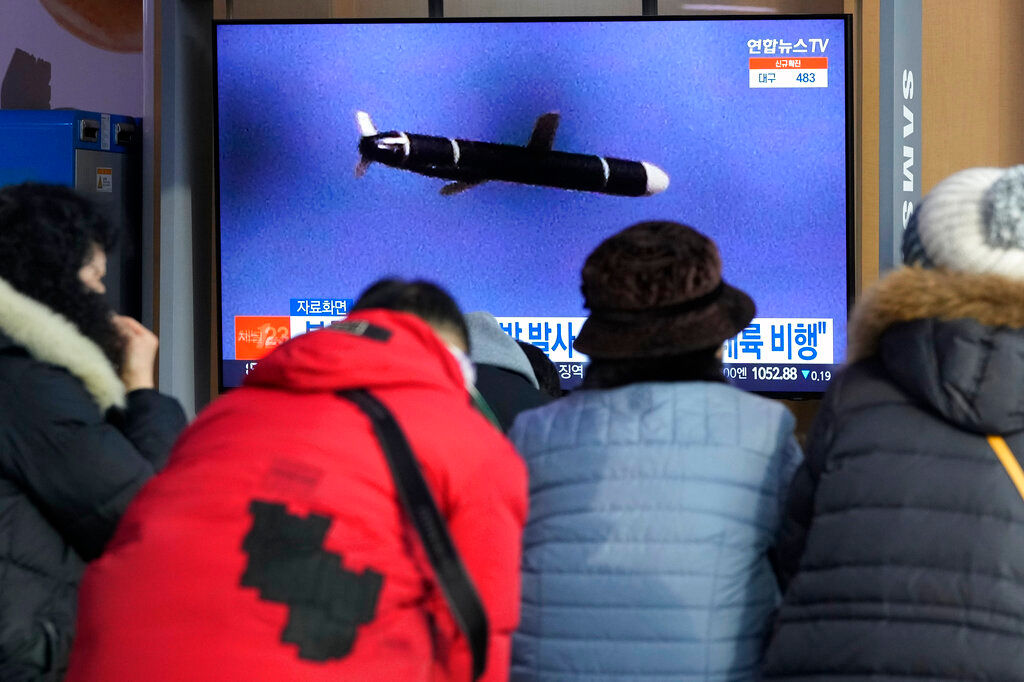North Korea profited off cyberattacks on cryptocurrency exchanges and continued to develop nuclear weapons and ballistic missiles throughout 2021, as per a confidential United Nations (UN) report seen by Reuters.
The report, which was submitted to the UN Security Council Sanctions Committee on North Korea on Friday, stated, “Although no nuclear tests or launches of ICBMs (intercontinental ballistic missiles) were reported, DPRK continued to develop its capability for production of nuclear fissile materials.”
“Maintenance and development of DPRK’s nuclear and ballistic missile infrastructure continued, and DPRK continued to seek material, technology and know-how for these programs overseas, including through cyber means and joint scientific research,” the report added.
Also read | North Korea missile tests response to US provocation, says China
“DPRK demonstrated increased capabilities for rapid deployment, wide mobility (including at sea), and improved resilience of its missile forces,” the report further observed.
North Korea is prohibited from developing nuclear weapons and ballistic missiles as per international law, but the report noted that there had been a “marked acceleration” in missile tests conducted by Pyongyang over the past year.
Indeed, according to the UN, North Korea carried out nine missile tests in January 2022 alone, the highest in a single month in the country’s history.
However, missile tests do not come cheap, and the UN report also shed some light on North Korea’s source of revenues.
The report noted that “cyber attacks remain an important source of revenue” for Pyongyang, adding, “According to a member state, DPRK cyberactors stole more than $50 million between 2020 and mid-2021 from at least three cryptocurrency exchanges in North America, Europe and Asia.”
Also read | Kim Jong Un’s wife, Ri Sol Ju appears in public after 5 months
It further said that according to Chainalysis, a cybersecurity firm, North Korea had stolen as much as $400 million in digital assets from cryptocurrency exchanges in 2021.
Finally, the report noted that the humanitarian situation in North Korea “continues to worse,” adding that the lack of data from the country meant that it was difficult to gauge the unintended negative impact of UN sanctions on civilians.
North Korea has been sanctions from the UN since 2006, which have been targeted at restricting funds for Pyongyang’s nuclear and ballistic missile programme.







